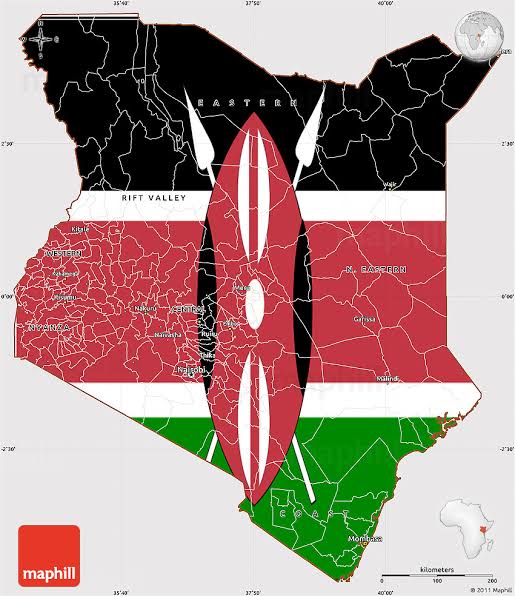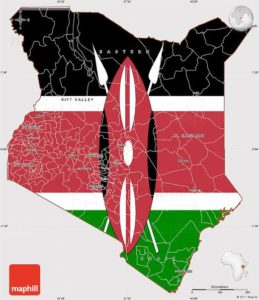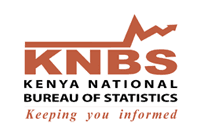According to reports by various news outlets, Kenya’s next census will begin at the end of the month of August 2019 from the night of the 24th of August, until the 31st of August.
The acting Cabinet Secretary for the National Treasury Ukur Yatani, made it known that the census will be conducted electronically unlike what was the case in the past where it was done manually.
Due to this, the final outcome of the census will be announced within three months of the operation.
While speaking during a media briefing, the Cabinet Secretary also assured Kenyans of their safety during the national exercise stating that, “The census officers will be accompanied by village elders or resident association leaders, known to the house holder members for purposes of comfort setting.”
The Kenyan Government has established 129,123 enumeration areas which are expected to accommodate an average of 100 households each. The census will be conducted by 35,000 enumerators, 27,000 content supervisors, and 2,700 IT supervisors.
Resident Association leaders, Village elders, and security officers will also be part of the exercise.
Jomo Kenyatta University of Agriculture and Technology and Moi University have both been contracted to supply 164,700 tablets to be used during the census.
The tablets will be installed with a tracking software, questionnaires and area maps.
Age, sex, religion, ethnicity, level of education, disability status, immigration status, and the number of children, are some of the key details that will be captured during the census.
Although a majority of Kenyans on social media revealed that they lack information about the crucial exercise, The acting Cabinet Secretary for National Treasury; Ukur Yatani declared that the government will conduct intensive campaigns to sensitive Kenyans about the important national activity.
The census is expected to cost 18.5 billion Kenyan Shillings. The last census which was done in 2009 in comparison, had a cost 8.4 billion Kenyan Shillings.
By the end of the Population and Housing Census, the Kenyan government will know the type of houses its citizens live in, the number of cars owned and livestock owned, as well as the size of land owned.
The Census questionnaire The Kenya National Bureau of Statistics (KNBS) Census questionnaire shows that the government is looking to establish a comprehensive database of household wealth including employment status, livestock owned, electronics including Televisions, radios, computers, motor vehicles and even internet connection.
According Business Daily, Kenyans will be asked if they own the houses they live in or have rented them.
The enumerators will also seek to describe whether the houses are mud, brick or concrete walled.
They will look out for the nature of roof and pick out iron sheets, tiles or grass thatch.
Other questions will touch on ethnicity, professional qualifications, school attendance status and education attainment.
According to the Kenya National Bureau of Statistics (KNBS), the census report will provide information that is essential for “evidence-based development planning, making administrative and policy decisions, and research.”
The population data gathered from the census will be shared among key government ministries and departments in order to guide resource allocation and wealth distribution.
The results will also be utilized by the Independent Electoral and Boundaries Commission (IEBC) in the planned border demarcation before the next General Election in 2022.
The Kenya National Bureau of Statistics (KNBS) added that, “It is, therefore, extremely important that the data collected in the census is complete and accurate.”
Regulations published by the Treasury in 2018 made it known that individuals who fail or refuse to offer information during the census will either be fined 100,000 Kenyan Shillings or will spend a year in jail.




